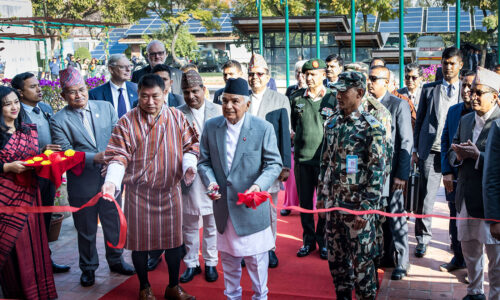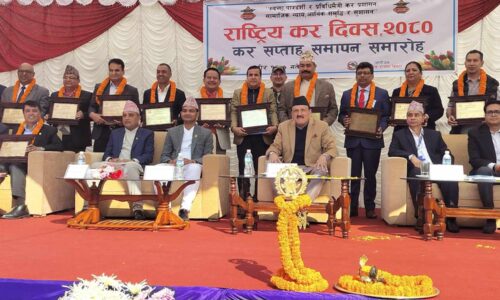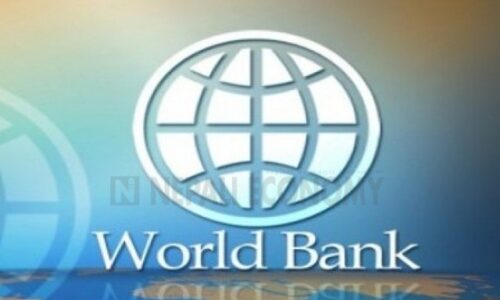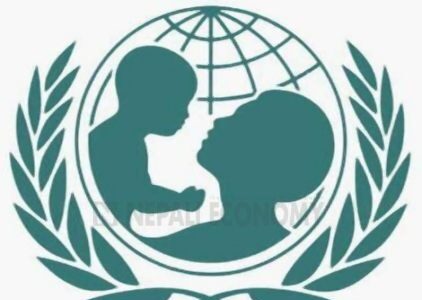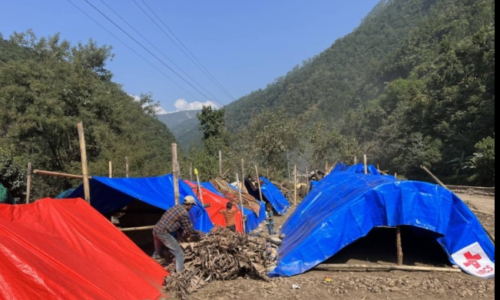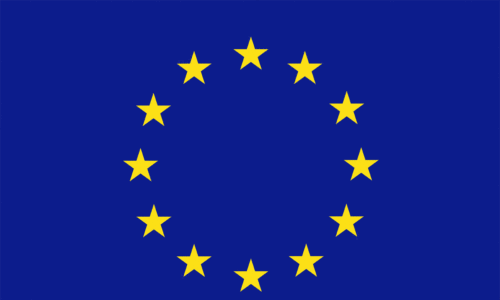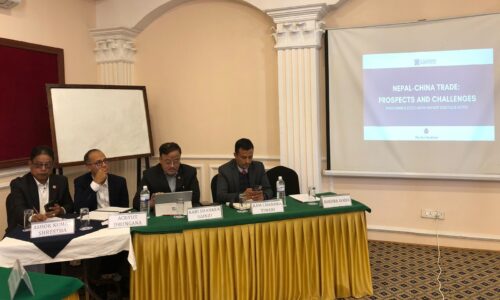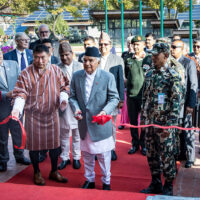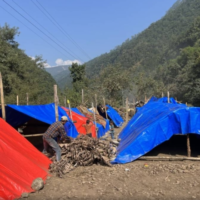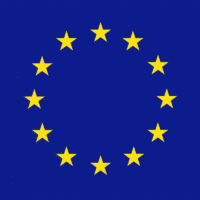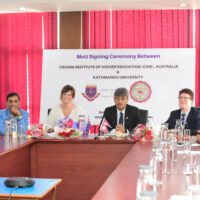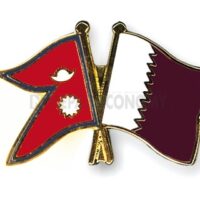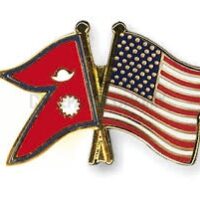Financial Action Task Force (FATF) continued to keep Nepal under Grey List or jurisdiction to watch.
The FATF plenary that ended today in French capital Paris has decided not to remove from International Cooperation Review Group (ICRG) monitoring for the time being as the country has not yet passed the Acts to check the flow of dirty money, according to deputy governor of the central bank Maha Prasad Adhikari.
The three-day plenary – that started on February 12 – sought all ordinances be enacted as permanent law, Adhikari said in email from Paris.
Nepal has earlier in the October meeting escaped from being blacklisted at the last moment by bringing the ordinance. However, the status quo since the last October meeting continued due to lack of parliament that could pass the ordinances and stamp them as permanent law.
The second Constituent Assembly (CA) election in November has elected the Legislature-Parliament that has just started to enter into regular business. The parliament needs to enact the five ordinances as permanent law in 60 days of the starting of the parliament.
Nepal had earlier committed to the international community to bring anti-money laundering acts by 2010 to check the flow of dirty money. However, prolonged political transition has delayed the process and in October the government had brought the ordinance to narrowly escape the black listing.
The Legislature-Parliament has to approve ordinances – Mutual Legal Assistance, Procedures of Crime, Extradition Treaty and Anti-money Laundering Act (second amendment) and made them a permanent law.
The ordinances have been tabled in the parliament a week ago.
According to the law, they have to be endorsed to make them Act within 60 days.
A team from the FATF – a global anti-money laundering body – had recently visited Nepal to study country’s progress in anti-money laundering measures and status of the ordinances.
The Paris FATF Penury discussed on the report and the next meeting in June will decide the fate of Nepal.
Nepal’s recently elected Parliament will need to consider the ordinances and ratify them as permanent parliamentary statues, FATF said, encouraging Nepal to urgently enact the ordinances as Parliamentary statutes within the statutory time frame. “Until then, FATF will continue to monitor Nepal.”
“Nepal has made significant progress to improve its AML/CFT regime by adequately criminalising money laundering and terrorist financing, establishing and implementing adequate procedures to identify and freeze terrorist assets, implementing adequate procedures for the confiscation of funds related to money laundering, enacting and implementing appropriate mutual legal assistance legislation, ensuring a fully operational and effectively functioning Financial Intelligence Unit (FIU) and establishing adequate suspicious transaction reporting obligations for money laundering and terrorist financing, it further read, adding that FATF was able to confirm all of the technical requirements are in place and Nepal’s strong commitment to implementing the reforms.
If blacklisted a country can not be able to get foreign aid, international trade as the banks and financial institutions will not be able to open letter of credit for importer and the countrymen will have to pass through the red channels while travelling abroad.
Currently, North Korea and Iran are in the black list of the FATF that sets standards and promotes effective implementation of legal, regulatory and operational measures for combating money laundering, terrorist financing and other related threats to the integrity of the international financial system.
According to the FATF statement, some 19 countries are in grey list, whereas two are in dark grey, nine in black list and two countries are in blacklist with counter measures.
Nepal still under grey list, FATF asks to pass Acts to stop flow of dirty money




